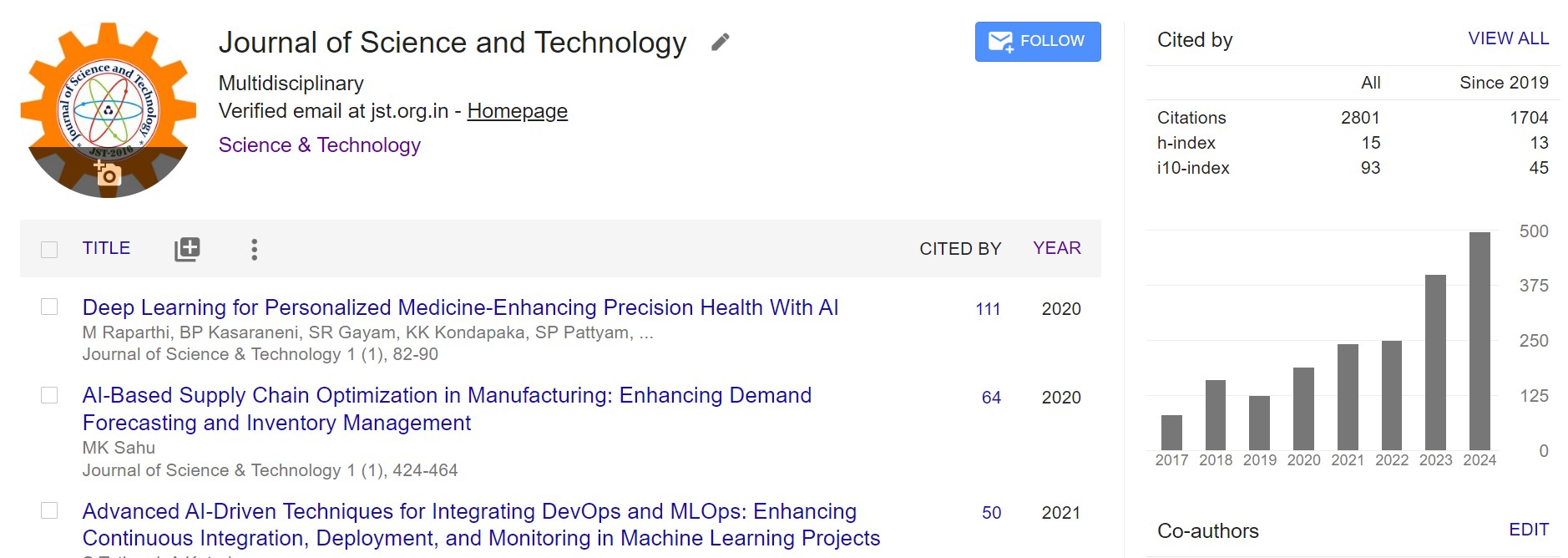Privatization in Georgia and Its Challenges
DOI:
https://doi.org/10.46243/jst.2021.v6.i04.pp183-187Keywords:
Privatization, effective institutions, stock market development, GeorgiaAbstract
Post-socialist countries have gone through a difficult path of institutional transformation, and some of them are still in the process. For Georgia, 70 years of Soviet experience was associated with the disappearance of pre-Soviet institutional memory, and consequently, the institutional transformations of this country were much more difficult than those of the countries that spent less time in the union. The characteristics of the institutional transformation of the transition to a market economy are the establishment of the private sector, the establishment of market relations, the legalization of the state guarantee in free competition, the transfer of state ownership to private ownership. This process leads to the formation of market forces in various sectors of economic systems, which, above all, is beneficial to consumers, as a result, we get improved efficiency, which offers consumers a cheaper product and also the right to free choice. Also, privatization significantly increases investment opportunities, which allows for lower prices and guarantees increased labor productivity. By transferring property to private ownership, the state's costs of maintaining and financing the property it owns are significantly reduced to zero. Therefore, the alienation of shares and assets of privatization companies leads to an increase in profits for the state. As we see privatization is quite a difficult process in the sense that its ultimate goal is to increase efficiency for the country's economy. The privatization process in Georgia turned out to be less effective because the social problems of the population could not be solved, the middle class could not be formed and the level of production is in an unfavorable condition. Consequently, there are stagnant enterprises that need a new privatization plan to bring the necessary conditions for economic development. The following are ineffective examples from modern Georgia and present solutions that will overcome the "trap" of privatization and move the country on a healthy trajectory of development.


























